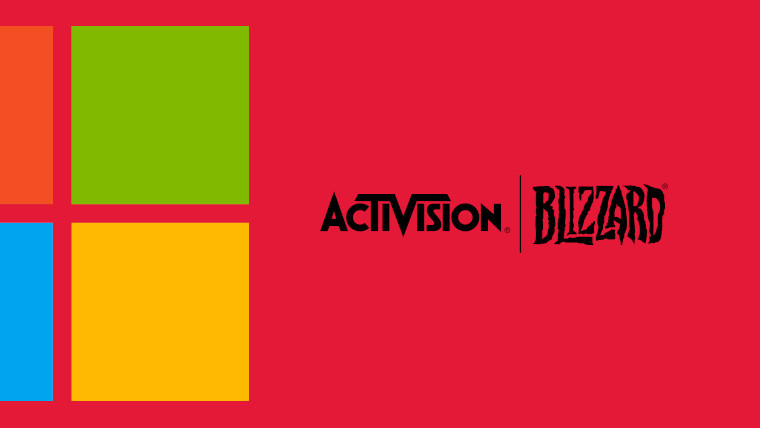On October 13, just hours after getting approval from UK regulators, Microsoft officially closed the deal to purchase Activision Blizzard for $69 billion. However, the US Federal Trade Commission, who tried and failed to get a preliminary injunction in the courts to stop Microsoft from completing the deal earlier this year, signaled it would not stop its opposition for the purchase.
Today, in the United States Court of Appeals for the Ninth Circuit in San Fransisco, the FTC and Microsoft will present their cases to the court’s judges. The event is scheduled to take place at 9 am Pacific time (noon Eastern time) today, and it will be livestreamed via YouTube.
The FTC’s argument to the Ninth Circuit Appeals Court will be that the judge who did not allow the preliminary injunction was mistaken when the judge stated that Microsoft’s purchase of Activision Blizzard was not anti-competitive. The FTC says that was too high of a bar for the regulator to prove and that the judge should have ruled that the deal still had serious issues related to competition in the game industry.
On Tuesday, Microsoft’s General Counsel Jon Palmer wrote a blog post stating that 37 venture capital firms and investors had submitted a “friend of the court” filing to the Ninth Circuit supporting the Microsoft deal to buy Activision Blizzard. The blog post added:
If the FTC’s approach were adopted, many more acquisitions would be subject to lengthy and expensive regulatory review and litigation that few if any transactions would be able to withstand. As a result, many transactions will be abandoned upon challenge or never pursued, grinding American innovation to a halt. This will be particularly harmful to the current generation of entrepreneurs – who are more diverse and reflective of America as a whole – who will not have the same opportunities as those who came before them.
With Microsoft’s deal to purchase Activision Blizzard approved by all of the rest of the world’s regulators, including the UK which took more than one attempt, it would seem like the FTC has an uphill battle to convince the appeal judges that previous court rulings in this matter should be reversed.

